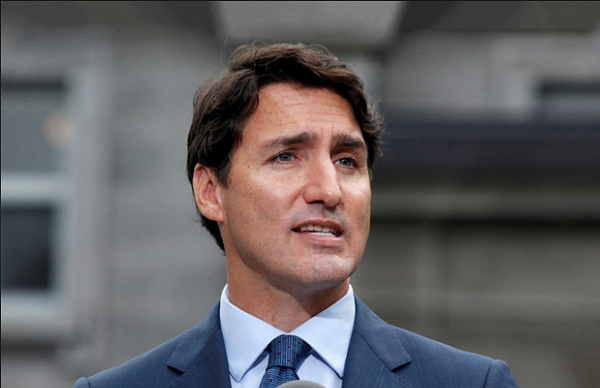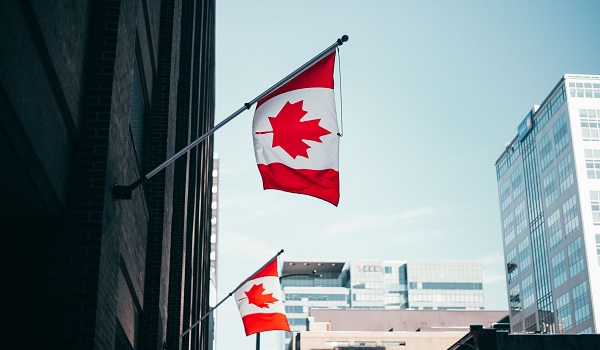Toronto city council votes in support of new revenue generation tools
City council has voted in favour of a number of revenue tools to help plug a billion-dollar budget hole.
The revenue tools, which were unanimously supported by Mayor Olivia Chow’s executive committee last month, and a push for more cash from Ottawa to deal with the refugee crisis were among the big ticket items on the agenda at this week’s meeting on Wednesday.
Councillors voted in favour of two revenue-generating initiatives: graduated increases to Municipal Land Transfer Tax on luxury homes worth $3 million and more, and the removal of a five dollar per hour cap for on-street parking. Councillors also approved further study of a commercial parking levy, a monthly mobile phone levy for 911 costs, and increasing the vacant home tax.
Councillors also approved to ask the province for permission to implement a municipal sales tax for goods and services sold in Toronto.
The new graduated land transfer tax increases would apply to high-value residential properties, including a 3.5 per cent tax for properties valued at between $3 million and $4 million, 4.5 per cent for properties worth $4 million to $5 million, 5.5 per cent for properties valued at between $5 million and $10 million, 6.5 per cent for homes worth $10 million to $20 million, and 7.5 per cent for all properties valued at over $20 million.
Beyond the immediate financial pressures faced by the municipality, Toronto’s city manager has warned that the city will see an expected budget shortfall of nearly $50-billion over the next 10 years.
Referencing the report on the city’s long-term financial strategy, Chow said there are two aspects to the plan.
“One aspect is what the city can do… We are asking people who are buying houses that are luxury houses to pay a bit more. Speculators that are leaving their apartments empty in the middle of a housing crisis, that they should pay a bit more,” she said.
“The other aspect that we are discussing is what we are asking the federal and provincial government to do.”
She said those discussions involve revenue tools outside the scope of what the city can implement, including a sales tax and gas tax.
Transit ridership has not returned to pre-pandemic levels and is one of the main factors draining money from the city’s operating budget, along with higher inflation rates and shelter costs.
City officials have warned that none of the revenue tools being considered will be enough to bring the city back into the black.
SHELTER SYSTEM COULD SEE UP TO 4,500 REFUGEES BY END OF YEAR
“Today in front of council there are three items. One is on refugees, the second one is on housing, the third one is about the long-term financial plan. All three of them are interconnected,” Chow said at city hall ahead of Wednesday’s meeting.
During a presentation to councillors, City Manager Paul Johnson outlined the “tremendous increase” the city has seen in people being housed across Toronto’s shelter system. This includes an influx of refugees and refugee claimants, he said.
“In essentially exactly two years, we have gone from 537 people (refugees and refugee claimants) in the shelter system to over 3,300,” he said. Johnson noted that while an increase is not surprising as the borders were closed in the summer of 2021, the current level of demand for the shelter system is unprecedented.
“What has happened recently is much beyond anything the city of Toronto has experienced in the past and it continues unabated,” he said.
A recent staff report, which was submitted to council, indicates that there could be up to 4,500 refugee claimants in the city’s shelter system by the end of the year, which represents about 50 per cent of all shelter spaces available.
“The story of the shelter system in Toronto is that it is full. It has no additional capacity to support people experiencing homelessness regardless of their circumstance and as a result of that pressure, we have had to take extraordinary measures to free up space in other non-traditional setting,” Johnson said.
“Over 10,000 people on a nightly basis are being sheltered in one capacity or another and this not a sustainable solution in the long term.”
City staff have recommended that council formally recommend that the federal government provide “full reimbursements to the city” for the estimated $200 million in expected 2023 costs to support refugee claimants in shelters. This would include the $97 million that has already been announced by the feds.
Staff also indicated that city council should request “an ongoing commitment” from Ottawa on the Interim Housing Assistance Program, including $250 million in funding for 2024 and “future funding” until the shelter demand is at “sustainable levels.”
Another recommendation involves putting in a request to the federal government for an increase in the Canada-Ontario Housing Benefit, which would include a funding commitment of $6.6 million for Toronto.
Chow said solving the housing crisis, supporting the influx of refugees coming to the city, and dealing with Toronto’s budget shortfall will require financial support from other levels of government.
“Why are we in such a crisis with the refugee situation? It is because the City of Toronto just does not have the financial means to manage them,” she said.
-With files from CP24’s Josh Freeman
This article was reported by CP24
















